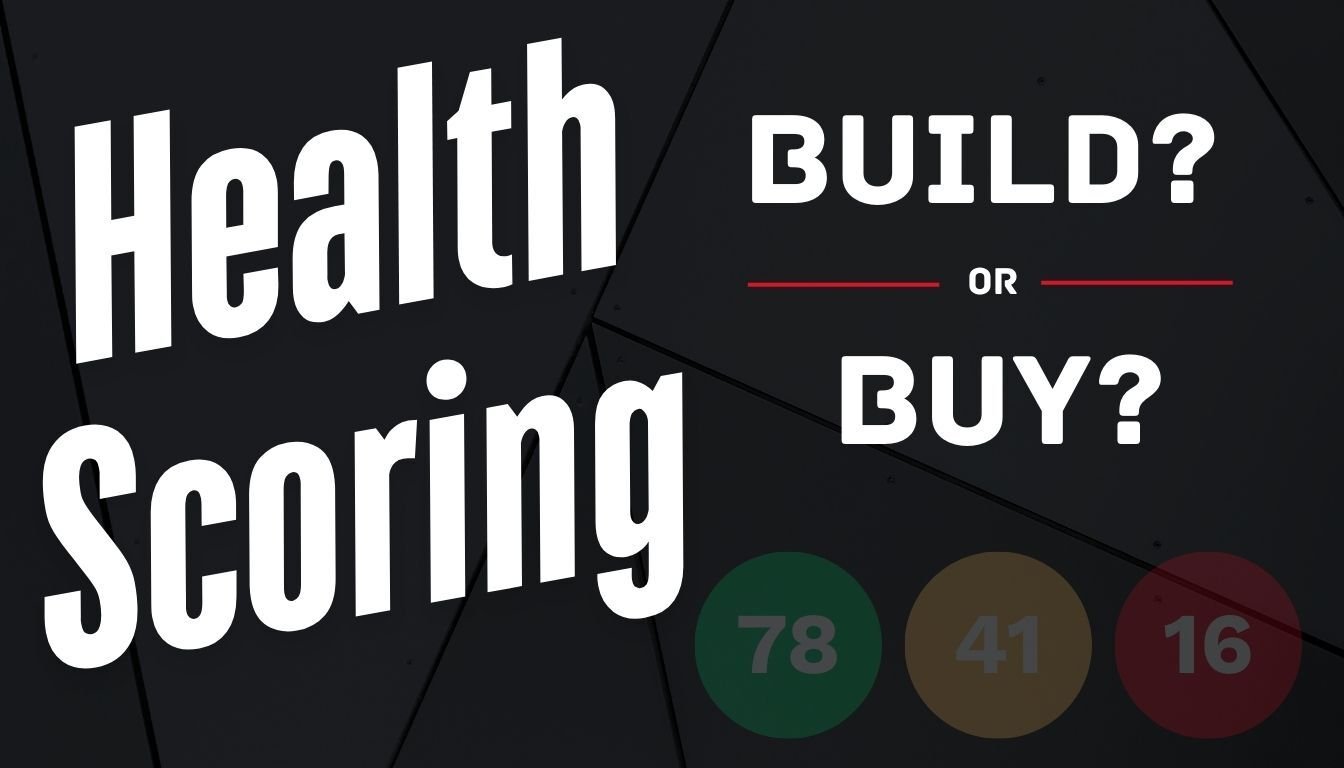The Imperative of Sustaining Low Churn Rates for Board Satisfaction in Private Equity-Backed B2B SaaS Enterprises
In the highly competitive B2B SaaS market, churn rate is more than just a key performance indicator for your management team—it's a crucial metric...



